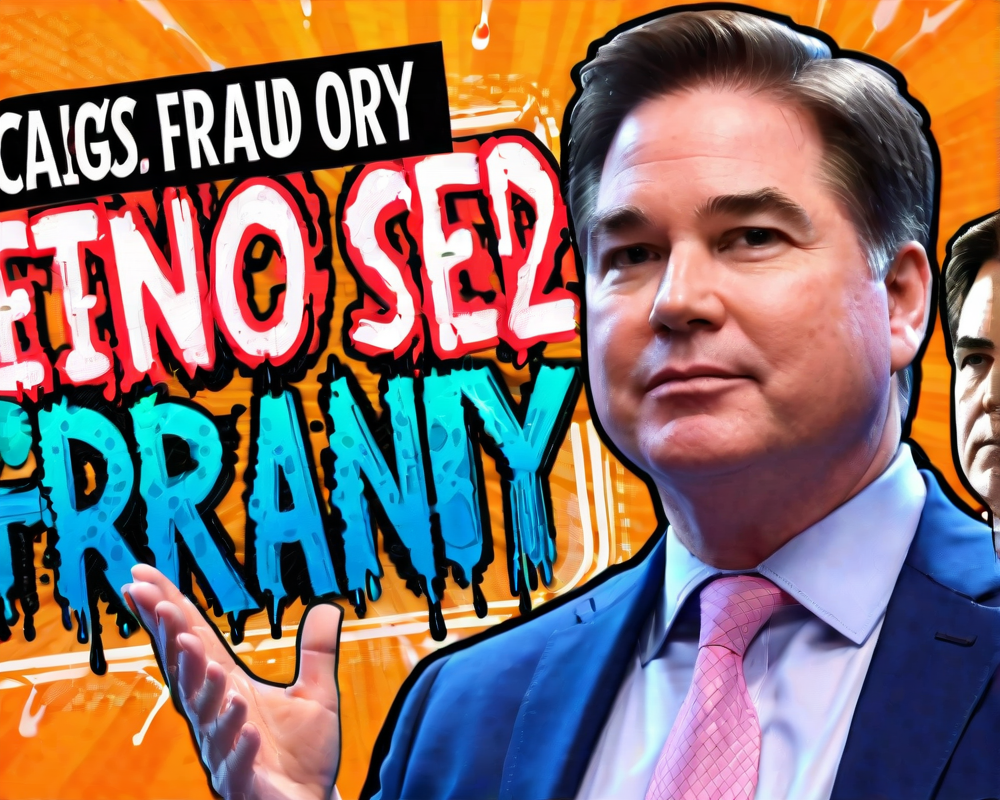Introduction to the Case
In an intriguing courtroom drama that could rival a Hollywood script, Jonathan Warren, the brains behind the peer-to-peer messaging software Bitmessage, has thrown a wrench in the legal proceedings against Craig Wright, an Australian computer scientist claiming to be the enigmatic Satoshi Nakamoto. This courtroom saga revolves around the estate of David Kleiman, a notable figure believed to be an unsung hero in the Bitcoin revolution.
The Allegations Unraveled
During testimony on August 13 in the Southern District of Florida, Warren stepped up to clarify a twist that no one saw coming—he insisted that some of Wright’s documents appear to be forgeries. Wright’s defense appears to be built on shaky ground, and Warren’s insights cast further doubt on the authenticity of the evidence presented against Kleiman’s estate.
Bitmessage: The Timeline of Events
- Pre-Launch Claims: Warren asserted that neither Wright nor Kleiman had access to Bitmessage before its official launch.
- Chronological Inconsistencies: The timeline of Wright’s documents directly conflicts with the release date of Bitmessage, raising suspicions.
- Q&A with the Code: During cross-examination, Warren mused, “We don’t just make stuff up like a Netflix series—these dates matter!”
The Forgery Fiasco
The courtroom became a theatre of the absurd when Warren described printouts related to Wright’s claims as likely forged, especially regarding correspondence before November 19, 2012. This timeline was pivotal, as it became evident that the messages couldn’t possibly exist within the parameters set by the launch of Bitmessage. As Warren put it, “It tells me that something has been faked. Either the date has been faked or the screenshot has been faked.” This revelation is the equivalent of a plot twist that gives even the most seasoned investigators a run for their money.
Wright’s Documentation Dilemmas
It seems the troubles don’t end there for Craig Wright. In July, fellow courtroom gladiator and trial lawyer Stephen Palley claimed that Wright supplied fabricated documents that were supposed to demonstrate a trust deed with his adversaries. Such accusations paint a picture of desperation in Wright’s defense.
Failure to Comply
- Bitcoin Addresses: Wright previously failed to produce a comprehensive list of his early Bitcoin addresses, citing that he might not even have access to them.
- Public Addresses Missing: In May, Wright’s inability to comply with another court order further deepened the mystery surrounding his claims.
Conclusion: A Legal Maze Ahead
As the trial continues, the stakes have never been higher. With testimonies like Warren’s illuminating the potential fabrications in Wright’s documentation, this legal maze only gets more convoluted. The repercussions reverberate beyond the courtroom and could impact the future understanding of Bitcoin’s origins. Looks like it’s not just another day at the office; it’s a reality show for the cyber world! So, stay tuned—you might want to grab your popcorn for the next hearing!




